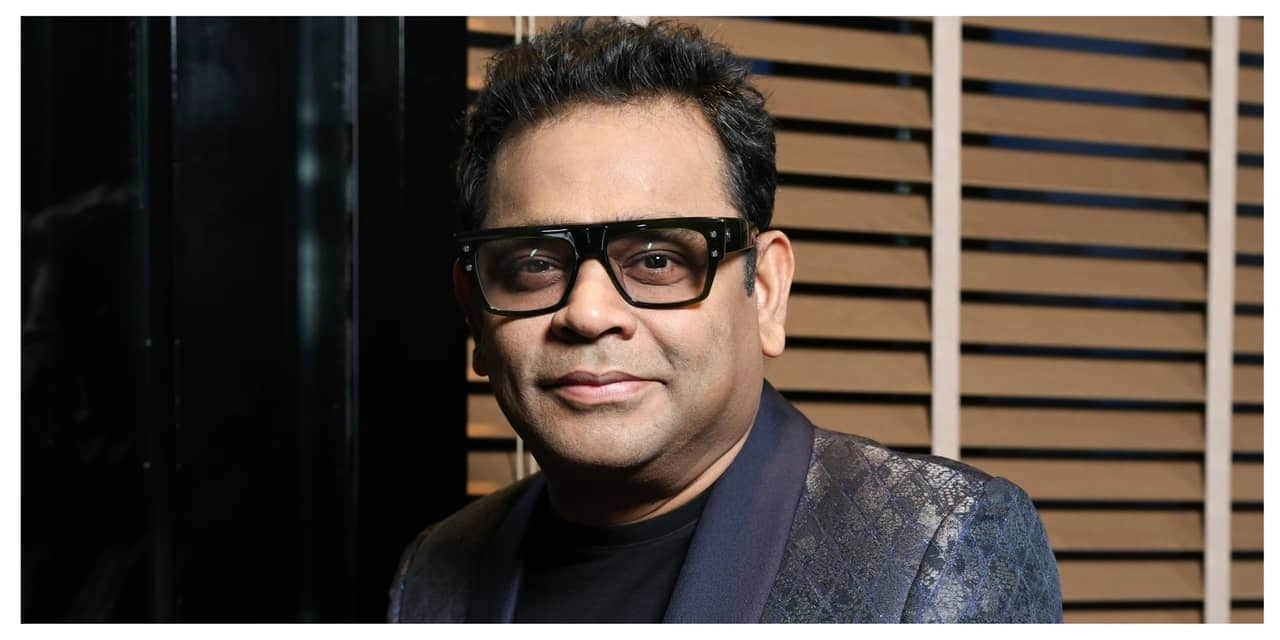The High Court has issued a stay on a lower court’s order that had imposed restrictions on the renowned composer AR Rahman and the makers of the film “Ponniyin Selvan 2” in relation to a copyright dispute. This legal matter stems from allegations concerning the unauthorized use of certain elements associated with the original literary work, “Ponniyin Selvan,” authored by the legendary Tamil writer Kalki Krishnamurthy. The film, which is a much-anticipated sequel, has garnered significant attention for its star-studded cast and impressive production values. The stay granted by the High Court allows the filmmakers, including Rahman, to continue their promotional activities and preparations for the release without the encumbrance of the lower court’s order.
The copyright case had initially raised concerns within the film industry about the implications for creative freedom and artistic expression. The lower court’s order had put a halt to various promotional events and marketing strategies that the filmmakers had planned, potentially impacting the film’s audience reach and overall success. With the High Court’s intervention, the legal cloud hanging over the project has been lifted, allowing the creative team to focus on completing the film and ensuring it meets the high expectations of fans and critics alike.
This development highlights the ongoing tensions between artistic creation and copyright laws, particularly in the context of adaptations of classic literature. The “Ponniyin Selvan” saga, with its intricate plot and rich character development, has long been regarded as a cornerstone of Tamil literature, making it a focal point for adaptations in various forms of media. As the case unfolds, it will be essential to monitor how the legal decisions impact not just this film, but also future projects that draw upon historical and literary sources for inspiration. The High Court’s decision could set a precedent for how copyright issues are navigated in the realm of filmmaking, especially concerning adaptations of beloved literary works.




